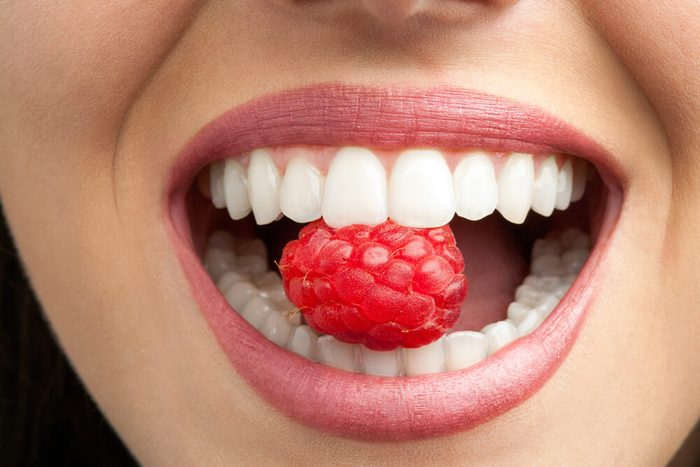
With your mouth …
Diet soda may wear at your teeth, potentially causing cavities: When Australian researchers exposed extracted cavity-free molars to regular soda or diet soda, they saw erosion in both scenarios. This may be due to the soda’s acidic content—phosphoric acid is a common cola ingredient, whereas citric acid is a component of Sprite and other lemon—and lime—flavored sodas. Soda also primes the body to store more fat.
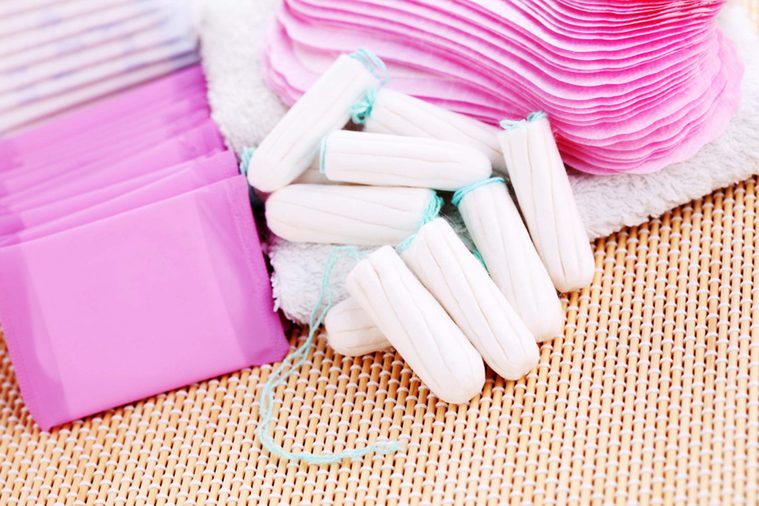
With your menstrual cycle…
If you’re a young girl (or the mother of one), take note: Intake of caffeinated and artificially sweetened drinks is associated with the start of menstruation before age 11. Researchers at Columbia University, University of Minnesota, and George Washington University determined this after following 9- and 10-year-olds until they were college-aged.

With your pregnancy…
Women who drank one or more diet sodas daily were significantly more likely to deliver preterm babies, per a preliminary Danish study. There was no link between regular soda intake and preterm birth. Though you may not want to drink soda when you see what happens to your body after you do so.
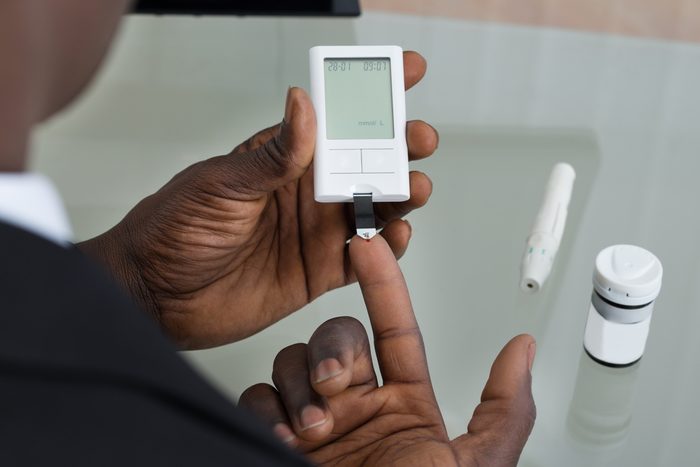
With your metabolic health…
People who had at least one soda a day were at greater risk for metabolic syndrome, in an observational study in the journal Nurtients. Metabolic syndrome is the presence of several conditions (including high fasting blood sugar, blood pressure, and a large waistline) that increase your risk of diabetes, heart disease, and stroke. Learn the tricky ways diet soda affects intermittent fasting.

With your baby’s nutrition …
When breast milk samples from 20 volunteers were analyzed, the non-nutritive sweeteners saccharin (an ingredient in Tab), sucralose (Splenda; present in Diet Coke with Splenda and Diet Mountain Dew), and acesulfame potassium (aceK; in Diet Pepsi) were found in 65 percent of the samples, according to a study in the Journal of Toxicology and Human Health. Aspartame wasn’t found, as it may break down before it enters the bloodstream (and breast milk).
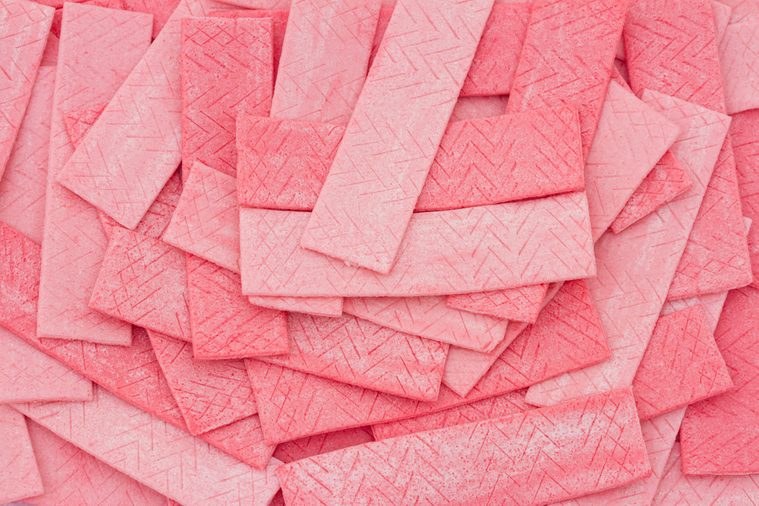
With your appetite …
One experimental study in Appetite shows that people who drank Sprite Zero were almost three times more likely to select candy over gum or water, versus subjects who sipped regular soda or mineral water. More research is needed to understand why. Note that many studies linking diet soda and weight gain are based on correlation research (which shows a connection, but not a cause and effect). This is exactly how diet soda can ruin your metabolism.

With your alcohol tolerance …
Mixing diet soda and alcohol can get you drunker—which can be dangerous if you’ve timed your later-in-the-evening driving based on “just one drink.” Volunteers were given vodka mixed with soda, diet soda, or a placebo drink, in a study in Alcoholism: Clinical and Experimental Research. People drinking the diet soda combo had significantly higher breath alcohol concentrations, although they didn’t perceive much of a difference.

With your heart health …
Postmenopausal women who have two or more diet beverages daily were more likely to have heart troubles—including coronary heart disease, congestive heart failure, a heart attack, or cardiovascular death, found researchers in Iowa. However, these women were more likely to be overweight, smoke, and have diabetes or high blood pressure—so it’s not clear if the soda or the unhealthy lifestyle (or both) led to illness. You also never want to order a soda if you order a burger for your meal.
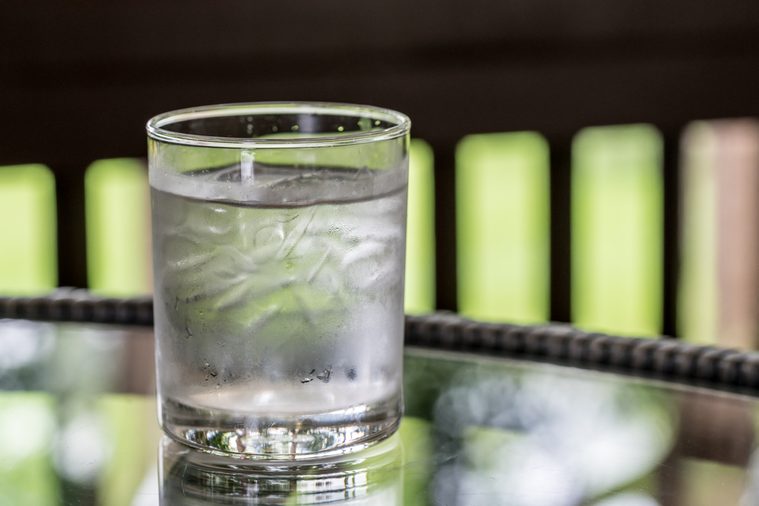
With your chemical exposure …
Although some diet soda can count toward your daily hydration goal, so do plain old H20, seltzer, and antioxidant-rich tea.

With your cancer risk …
Sugar helps prevent spoilage, so it makes sense that soda without sugar requires a mold inhibitor. Enter potassium benzoate and sodium benzoate, ingredients often added to diet soda. Benzene, a carcinogen, can form from these preservatives—although the amount of benzene in soda is lower than the amount identified as hazardous. This is the scary science behind how soda affects your brain.
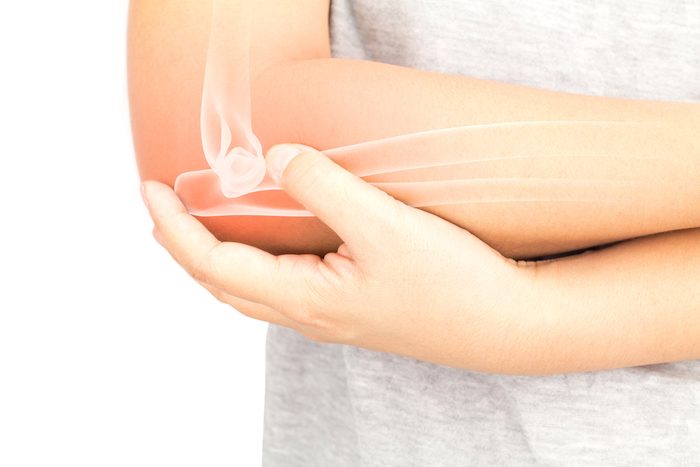
With your skeleton …
Older adults who regularly drank cola and diet cola had significantly less bone density in the hip area, versus those who had soda infrequently, reveals a study in the American Journal of Clinical Nutrition. Experts haven’t yet determined whether the cause is phosphorous leaching calcium from bones or interfering with calcium metabolism (or something else entirely).

With your fertility …
While many soda companies have pushed aside bottles made with bisphenol A (BPA), plenty of aluminum can liners still contain the chemical, which is linked to issues with reproductive health, metabolic disease, and other health problems. Though you should probably avoid all sodas for these 10 reasons.
